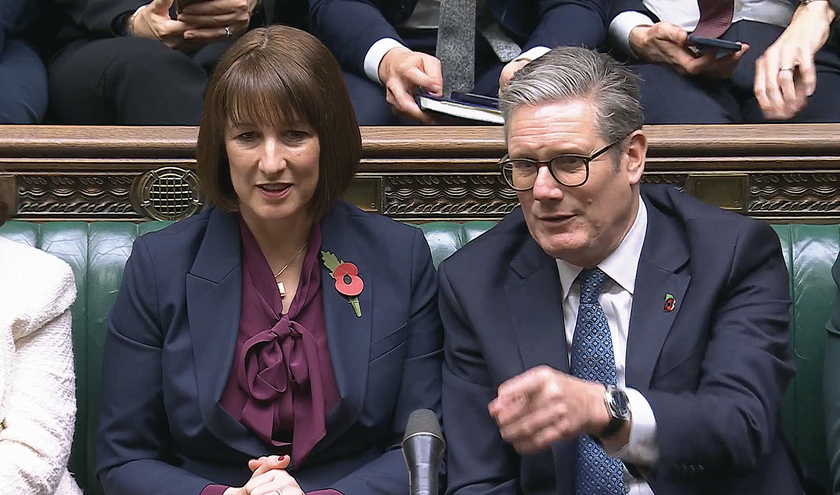Here is an irony that almost doesn't need to be pointed out: our system is so centralised, the changes meant to empower local government are themselves by default dictated from the centre. Last week's Budget exemplifies this paradox. Local authorities are still waiting for clarity on big spending decisions and structural reforms. Instead of concrete answers, the sector was offered a smattering of clues – and ‘watch this space' signs.
Take the new Industrial Strategy, still out for consultation. The sector has been working on its own local growth plans, and we are all going to have to wait to see whether this central strategy will align with their efforts. Likewise, the Government is placing enormous emphasis on anticipated further reforms to the planning system to drive growth. These are changes that will significantly impact local authorities – but we don't yet know what the changes will look like, or if they will be as ambitious as some expect.
The Budget told us that trailblazer devolution deals for Greater Manchester and the West Midlands – giving them department-style consolidated funding pots – will be delivered in the coming Spending Review, with similar arrangements extended to other Combined Authorities soon. London may even be joining the party
So we can file planning reforms, local growth, and industrial strategy under ‘waiting in the wings' – alongside the specifics for promised multi-year financial settlements.
It's a similar story for achieving financial sustainability in local systems. Labour's manifesto pledged to replace Business Rates entirely. This week's Budget only offered a discussion paper hinting at a reform programme.
Social care, perhaps the greatest single driver of the sector's funding gap (accounting for over 40% of local spending), has been budgeted a cash injection of £600 million. That's a rounding error compared to the big bucks going into the NHS. The promised rebuild of the social care system is in the long grass. Even as local governments call for autonomy, they remain financially tied to central decisions – which haven't quite been made yet.
This makes the Government's devolution programme all the more important, and we're expecting the White Paper very soon. The Budget told us that trailblazer devolution deals for Greater Manchester and the West Midlands – giving them department-style consolidated funding pots – will be delivered in the coming Spending Review, with similar arrangements extended to other Combined Authorities soon. London may even be joining the party.
And then – tantalisingly or terrifyingly, depending on who in the sector you talk to - the prospect of structural reorganisation has suddenly returned. The Budget's mention of this implies that Government is exploring unitarisation, as well as the consolidation of smaller Unitaries. The ‘patchwork' nature of local governance certainly creates practical challenges. Simplifying structures could bring clearer accountability and enable more ambitious devolution.
While structural change could bring efficiencies, reorganisation will not by any means be a financial silver bullet for the sector.
The important context for this move is that it aligns with a longer-term trend, one which risks further impoverishing England's provision of genuinely hyper-local governance. Our emerging tier of quasi-regional Combined Authorities is being built not only from powers drawn ‘down' from the centre, but by pulling certain functions ‘up' from smaller-scale local government. The jurisdictional scale of local authorities in England is already pretty big in international terms.
The result of reorganisation, unless handled carefully, could well be the further depletion of the local state's hyperlocal capabilities. Most parts of the country are not host to a particularly active town or parish council, and in many places the smallest tier of local government is a unitary local authority – which may or may not be one of those that pays special attention to the importance of neighbourhood-scale work or community facilitation. So simply cutting away the smallest local authorities would be a risky affair.
It is possible to imagine an approach that strengthens both hyper-local and regional governance. But the starting point for such an approach is clarity. In the context of rapid change, the creation of an entirely new tier of governance, and the reconfiguration – driven by financial necessity – of the functioning of many councils, this is a sector with an identity crisis. Resolving that crisis is a part of resolving the others. And it's not a resolution that will emerge, ready-made, from central government.
Without an effort to define for a new generation the purpose and role of local government – at every scale – any effort at reorganisation will likely fall short.
Dr Simon Kaye is policy director of the Reform think tank



